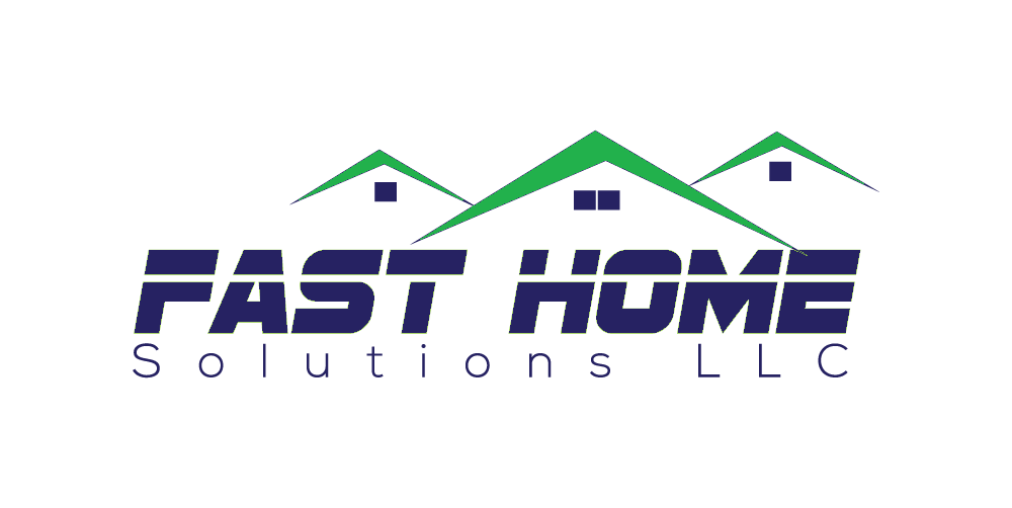
Investing in real estate can be a lucrative venture, but it’s not without its intricacies and potential pitfalls. Among the countless challenges, holding onto a property for an extended period can become a significant financial burden. Holding costs, encompassing various expenses linked to property ownership, can gradually erode your profits, turning a promising investment into a financial drain. In this comprehensive guide, we will delve into the world of holding costs, exploring their implications on your bottom line. Additionally, we will equip property flippers and investors in Metro Detroit with a practical holding cost checklist to help steer clear of common pitfalls and ensure a smoother investment journey.
Holding Costs: What Are They and Why Do They Matter?
Holding costs represent the multitude of expenses associated with owning a property that you intend to sell or rent out. These expenses span a wide spectrum, encompassing mortgage payments, property taxes, insurance premiums, utilities, maintenance, repairs, and more. Essentially, any cost that you incur while retaining ownership of the property falls under the umbrella of holding costs. These expenditures can accumulate rapidly, particularly when properties remain vacant or require ongoing maintenance.
Understanding the significance of holding costs is paramount, as they exert substantial influence over your overall profitability. Prolonged ownership of a property can lead to mounting holding costs, gradually eroding your profits or even transforming a potentially lucrative deal into a financial setback. Consider this scenario: you’re incurring $1,000 per month for mortgage payments, property taxes, and utilities. If it takes six months to sell the property, your holding costs will reach $6,000. If your initial profit projection was $20,000, these costs would reduce your actual profit to $14,000.
Moreover, holding costs exert a direct impact on your return on investment (ROI). The longer you retain a property, the lower your ROI becomes. For property flippers aiming to maximize ROI, expeditious sales are imperative. However, extended ownership can gradually diminish your ROI potential, making it crucial to manage holding costs effectively.
A Comprehensive Holding Cost Checklist for Metro Detroit Investors and Property Flippers
To assist you in sidestepping the common holding cost pitfalls, we’ve devised an exhaustive checklist tailored for investors and property flippers operating in Metro Detroit. This checklist is meticulously designed to ensure that you account for all holding costs associated with your property, leaving no room for financial surprises.
- Mortgage Payments: If your property is subject to a mortgage, calculate and allocate the monthly payments in your budget.
- Property Taxes: Property tax rates can fluctuate based on location and property value, so be prepared to factor these expenses into your financial plan.
- Insurance: While property insurance provides essential protection against damage or loss, it’s essential to account for the associated costs.
- Utilities: Utilities such as electricity, water, and gas can accumulate quickly, especially in vacant properties. Ensure you budget for these ongoing expenses.
- Maintenance and Repairs: Ongoing property maintenance and unforeseen repairs should be budgeted for. This encompasses routine tasks like lawn care, cleaning, HVAC maintenance, and unanticipated repair work.
- Property Management Fees: If you intend to rent out the property, you may need to engage a property management company, which entails associated fees.
- Homeowner Association (HOA) Fees: Properties within HOAs come with monthly or annual fees that must be accounted for in your budget.
- Vacancy Costs: In the event of property vacancies, consider the expenses related to property security, landscaping upkeep, and ongoing utility bills.
- Opportunity Cost: Holding onto a property for an extended duration means missed opportunities elsewhere. Factor in the opportunity cost associated with prolonged property ownership to make more informed investment decisions.
Holding costs play a pivotal role in real estate investment, impacting your profits and ROI. By diligently using the holding cost checklist provided in this guide, you can ensure that every relevant expense associated with your property is considered. Armed with this comprehensive understanding, you’ll be better equipped to make informed investment decisions and maximize your profitability. Should you have any queries or require assistance with real estate transactions in Metro Detroit, our dedicated team is here to provide expert guidance and support for investors and property flippers! (248) 206-8838
